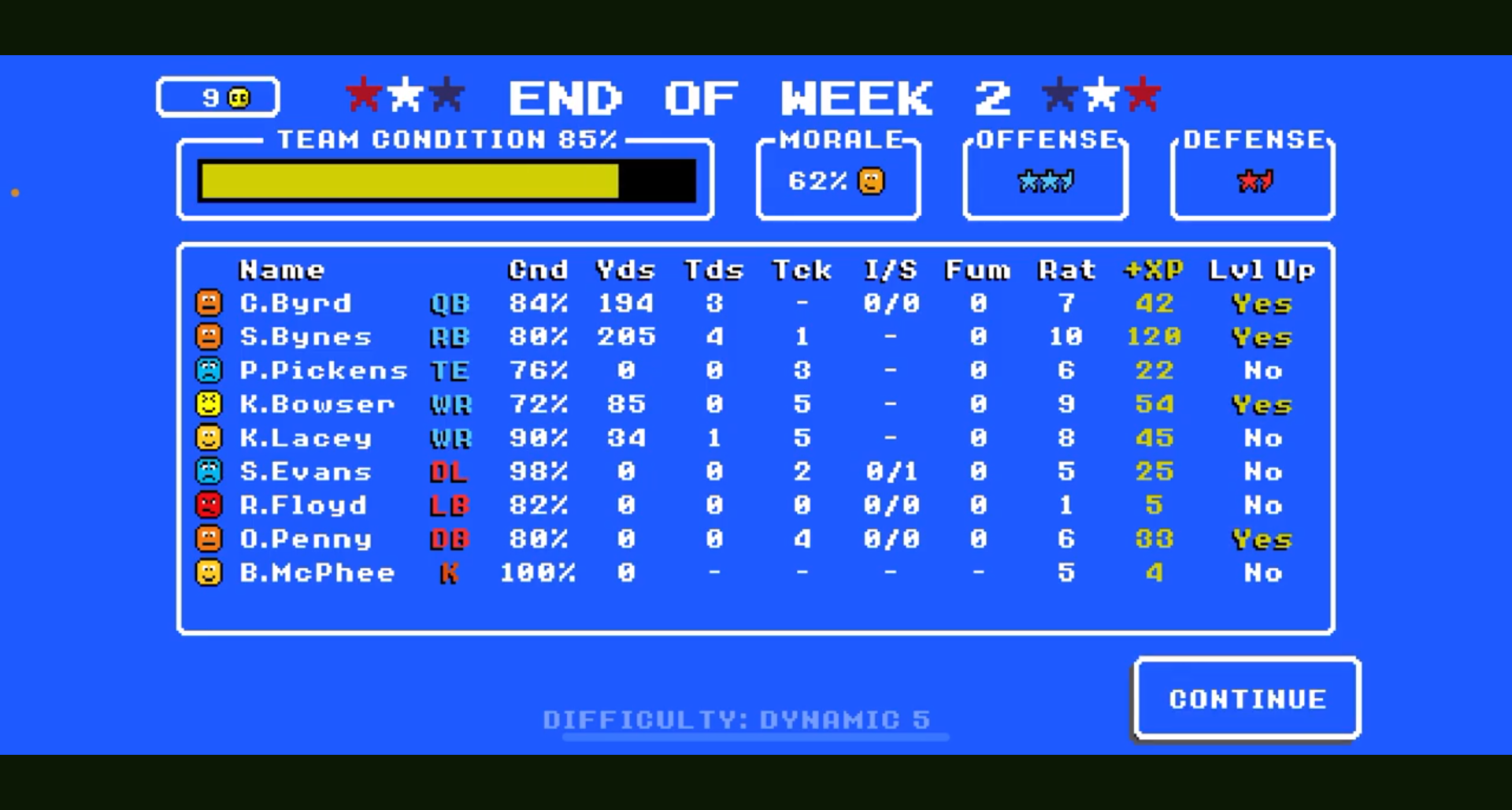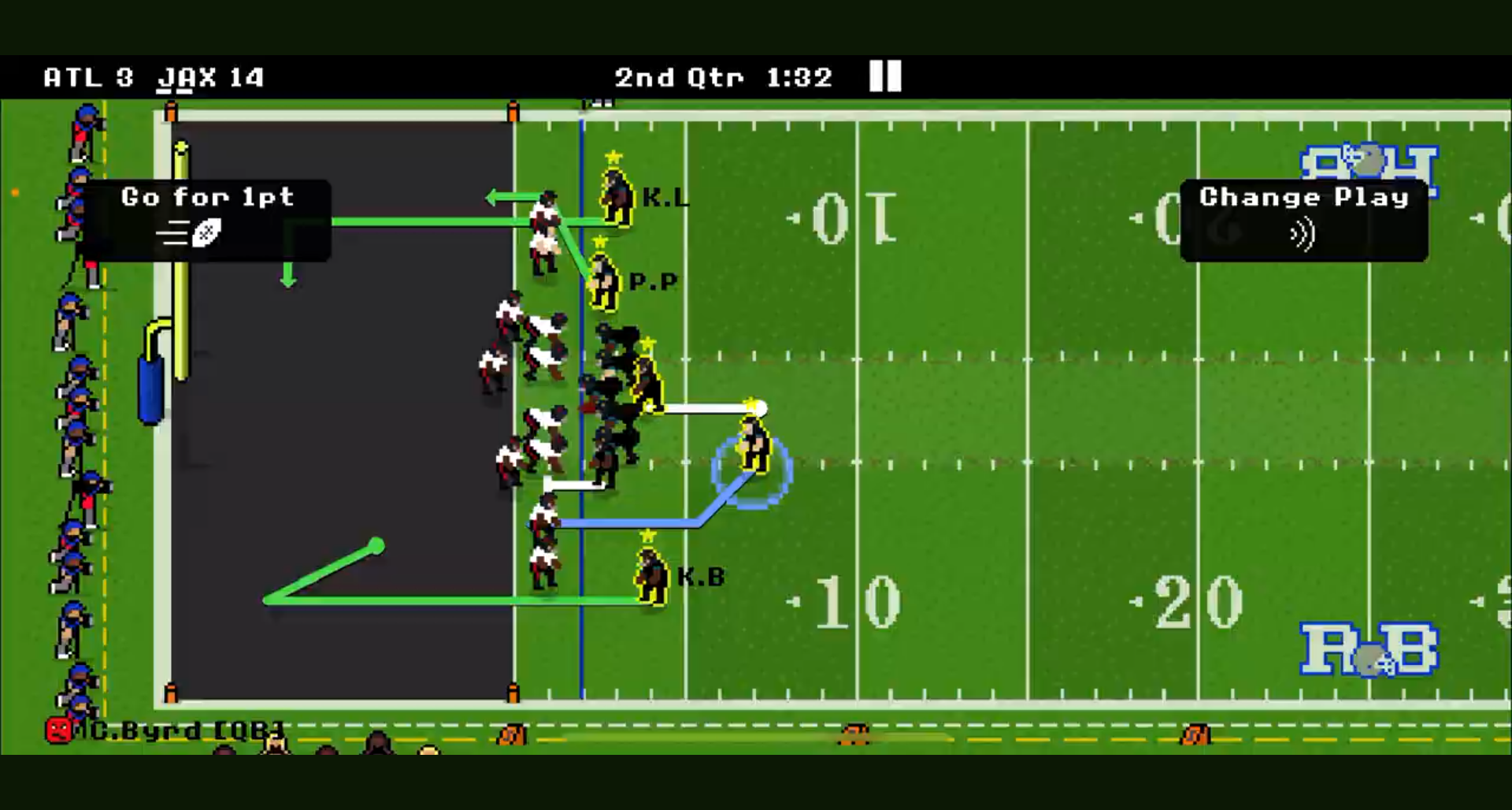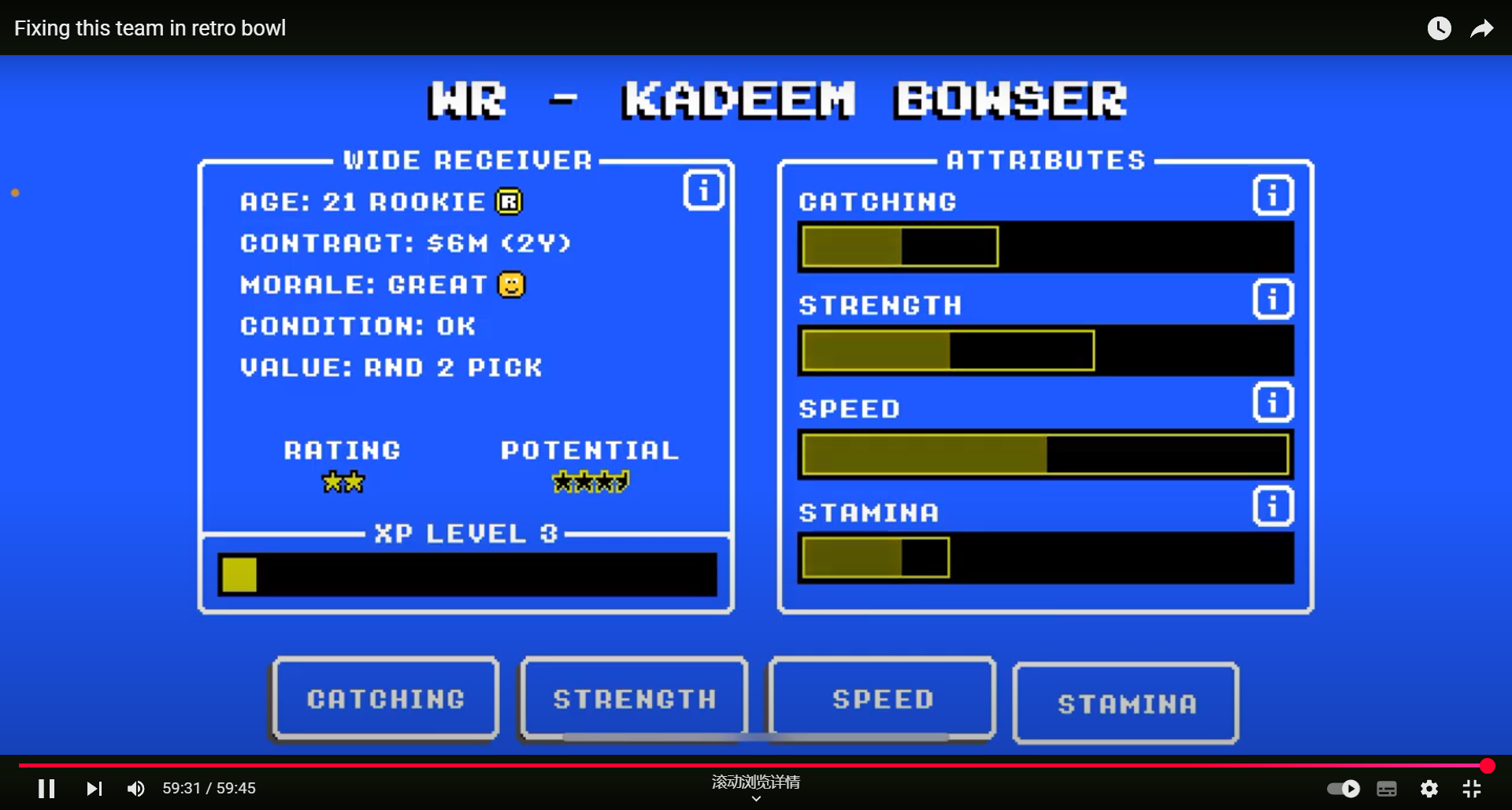Retro Bowl has gained popularity among football game enthusiasts and casual players alike. It combines retro gaming elements with modern-day football strategy, creating a unique experience that appeals to a wide audience. Understanding the game mechanics, mastering team formation, and employing effective strategies are crucial to winning. This article serves as a comprehensive guide on how to get the best Retro Bowl team, offering insights into player selection, management, and strategic development.
Understanding Retro Bowl Basics
What is Retro Bowl?
Retro Bowl is a pixelated football management game that allows players to manage their teams through various seasons, playoffs, and challenges. The game’s objective is to lead your team to victory and ultimately, the championship. Players can engage in seasons where they compete against AI or real opponents, or participate in playoff scenarios that test their strategies and skills.
Gameplay Overview
In Retro Bowl, each match consists of four quarters, where you control offensive and defensive plays. You can call plays, manage the clock, and execute strategies based on your players’ skills and your opponent’s weaknesses. The graphics are simple, reminiscent of arcade games, but the strategies required are intricate and engaging.
Game Modes
- Seasons: Compete in a full season, aiming to collect wins and qualify for the playoffs.
- Playoffs: Navigate through knockout rounds to try and secure the championship.
- Practice: Hone your skills using different plays and tactics before entering competitive modes.
Key Concepts in Team Formation
Importance of Team Dynamics
The formation of a team impacts every game’s outcome. A well-rounded team can adapt to various play styles and opponents, providing flexibility in strategies.
Roles: Offense vs. Defense
Understanding the roles of players is essential. Offensive players focus on scoring points, while defensive players aim to thwart the opponent’s efforts. Each position has unique attributes and skills critical for team performance, making balanced player representation necessary.
Player Attributes and Their Impacts on Performance
Key player attributes include:
- Speed: Influences how quickly a player can move across the field.
- Strength: Affects a player’s ability to tackle effectively.
- Passing Accuracy: Vital for quarterbacks and players who handle the ball.
- Defensive Skills: Essential for players in defensive positions to prevent scoring opportunities.
Building Your Retro Bowl Team
Choosing the Right Players
To create a formidable team, scouting potential players is essential. Focus on tracking player statistics during virtual scouting sessions, paying attention to performance trends and gameplay styles.
Key Player Statistics to Consider
| Player Attribute | Impact on Game |
|---|---|
| Speed | Enables faster movement and evasion of defenders. |
| Strength | Allows winning tackles and maintaining possession amidst pressure. |
| Passing Accuracy | Increases the chances of successful passes and scoring opportunities. |
| Defensive Skills | Enhances the ability to intercept passes and tackle effectively. |
Balancing Skill Levels
When assembling your roster, it’s crucial to maintain a balance of skill levels across various positions. A well-rounded team can adapt to various opponents and strategies, making it essential for long-term success.
Recruitment Strategies
Utilizing Free Agency
Engaging with free agency can provide opportunities to enhance your roster. Look for released players or those underperforming on their current teams who might bring value to your squad.
Drafting New Players
Drafting is another high-impact way to secure promising talent. Prioritize drafting players with potential attributes that fit your team’s needs.
Trading with Other Teams
Consider trading to strengthen your team. Analyze other teams’ rosters for excess talent while assessing your bench strength to make equitable offers.
Strategies for Successful Trades
When executing trades, keep these strategies in mind:
- Evaluate players’ current performance and potential.
- Negotiate based on team needs, avoiding one-sided deals.
- Explore multi-player trades for larger impacts.
Developing Team Skills and Strategy
Training Your Players
The importance of continuous training cannot be understated. Having a training regimen prepares players for high-pressure situations.

Recommended Drills and Training Techniques
Consider implementing drills that focus on:
- Speed and agility exercises to enhance movement.
- Passing and catching drills to improve offensive efficiency.
- Tackling techniques for defensive players.
Ways to Improve Player Attributes Over Time
Regular training can gradually enhance attributes. Incorporate scrimmages to simulate pressure scenarios that encourage player development.
Establishing a Winning Strategy
Offensive Strategies
Your team’s ability to score relies heavily on the offensive plays you design. Common methods include:
- Run Plays: Utilize ball-carriers to advance effectively through defenses.
- Pass Plays: Spread the ball to different receivers to create mismatches.
Defensive Strategies
Understanding defensive formations can be a game-changer. Focus on setups that maximize your players’ attributes. Here are some essential formations:
- Zone Coverages: Protect against short and intermediate passes.
- Man-to-Man Marking: Assign defenders to specific opponents for tight coverage.
Managing Your Team Effectively
Performance Tracking
To enhance your team’s performance continually, tracking metrics is crucial. Focus on individual performance stats and team effectiveness in-game.
Using Stats for Improvement
Assess performance metrics to identify trends and areas needing improvement, adjusting training and game strategies accordingly.

Setting Performance Goals for Players
Establish realistic goals for each player, motivating them to reach their potential while enhancing team performance overall.
Keeping Morale High
Encouraging Teamwork and Communication
Fostering a positive team environment increases collaboration on and off the field. Regular motivation sessions can help maintain high morale.
Managing Player Fatigue and Injuries
Keep track of player fatigue levels and injuries, ensuring proper rotation to give players rest while maintaining competitive performance.
Advanced Tips for Success
Analyzing Opponents
Identifying and exploiting opponent weaknesses is vital for success. Use analytics to uncover patterns in their gameplay for strategic advantages.
Utilizing Game Mechanics
Understanding the nitty-gritty of Retro Bowl game mechanics can allow you to maximize scoring opportunities.
Key Moments for Strategic Timeouts and Substitutions
Make use of timeouts wisely to regroup your team or make necessary substitutions at crucial moments that could turn the game in your favor.
Maintaining a Long-Term Competitive Edge
Regular Updates and Patches
Stay informed on game updates and patches, as these can significantly influence gameplay and player performance. Follow Retro Bowl’s official site for news.
Community Engagement
Being part of the Retro Bowl community allows you to learn from other experienced players. Share strategies, engage in discussions, and collaborate to find innovative approaches to improve your team.
Conclusion
In summary, achieving success in Retro Bowl revolves around a well-managed team, effective strategies, and continuous improvement. Remember to experiment with different tactics and develop personal strategies to refine your gameplay. Building and managing your Retro Bowl team can be tremendously enjoyable and rewarding.

Call to Action
We invite readers to share their tips and success stories in the comments below. Don’t forget to subscribe for more insights and strategies on how to get the best retro bowl team!
FAQs
- What is Retro Bowl? Retro Bowl is a football management game that combines strategic gameplay with retro graphics.
- How do I build the best team in Retro Bowl? Focus on scouting, balancing skills, training, and utilizing effective strategies.
- Can I trade players in Retro Bowl? Yes, player trading is a crucial part of team management in the game.
- What attributes should I prioritize for offensive players? Speed and passing accuracy are key attributes for offensive players.
- How can I track my team’s performance? Use metrics and player stats to monitor performance and identify improvement areas.
- What strategies should I use against challenging opponents? Always analyze your opponent’s strengths and weaknesses and adjust your strategies accordingly.